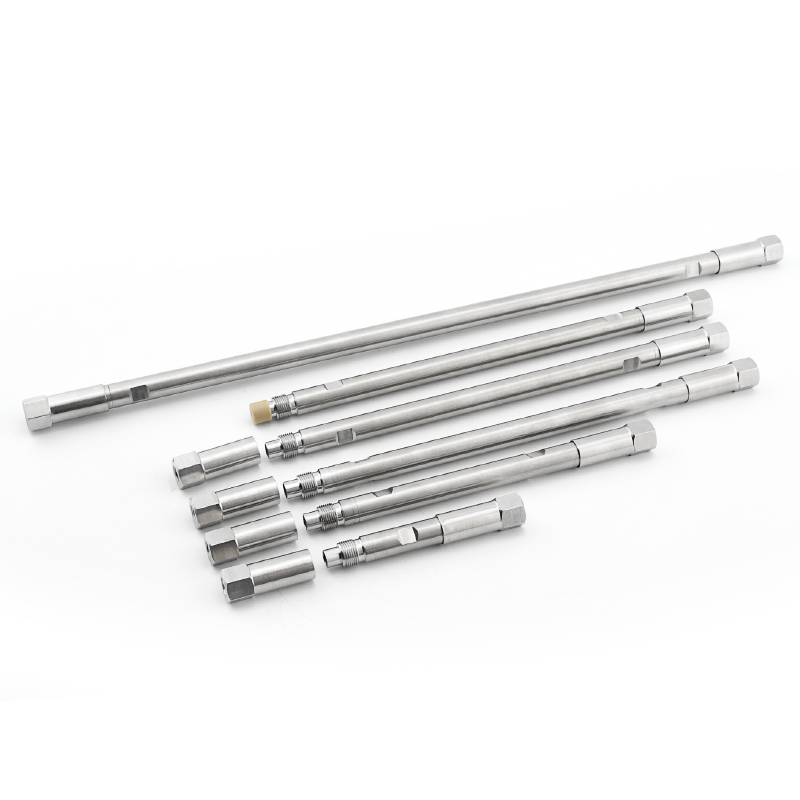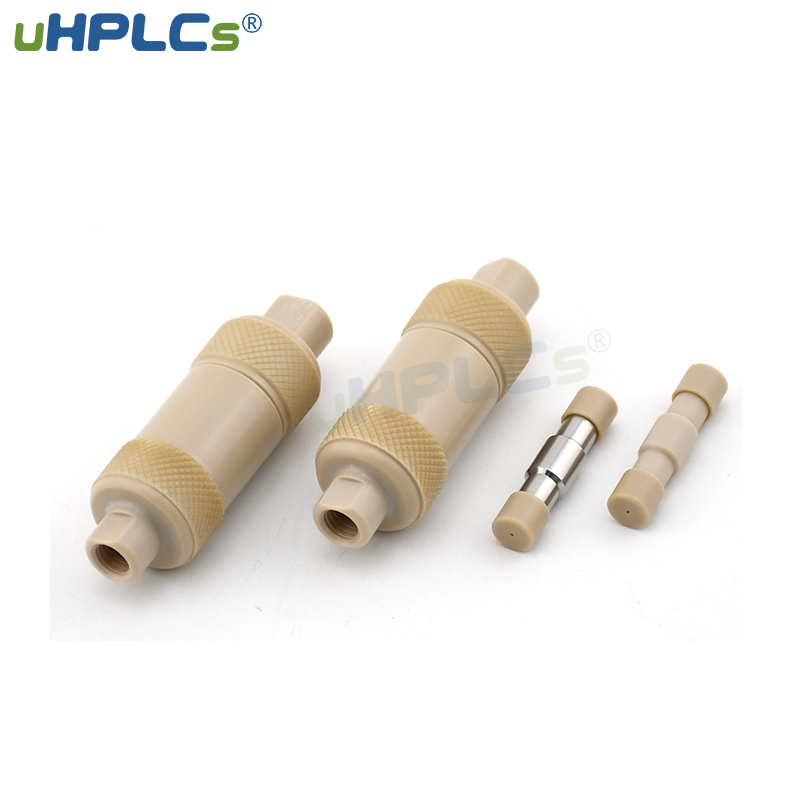Using high performance liquid chromatography (HPLC) to analyze samples is widely used in drug component analysis, food additive determination and environmental sample testing.Because liquid chromatography columns are the core equipment of many laboratories and are expensive, protecting columns from damage is a primary consideration to extend column life and reduce cost.Well-maintained columns also produce consistent and accurate data to support reliable analytical results.
How to improve column performance? Column performance depends on a number of factors, including sample characteristics, the presence of insoluble particles, and post-use cleaning and maintenance.However, in the process of use, not all experimental conditions are ideal conditions. For example, some samples have harsh but necessary pH conditions.Therefore, preventive maintenance procedures for liquid chromatography columns help to maximize column life and maintain HPLC efficiency.
What factors will affect the life of chromatographic column? Common HPLC problems include increased column back pressure, leakage and inability to maintain a consistent flow rate. Particles from unfiltered samples or mobile phases can cause these problems. Any substance entering the HPLC system risks introducing particulate substances into the column matrix, which may shorten the service life of the column.Therefore, the sample must be pretreated and the mobile phase must be filtered by a solvent filter before use.
Filtration and degassing of the mobile phase will remove particles and dissolved gases to ensure that they do not reach and damage the chromatographic column. Filtration is particularly important if the mobile phase contains buffer salts or modifiers from dissolved solid materials.uHPLCs HPLC solvent injector filters used on the low pressure injector side of the pump help protect the check valves, injector and column from harmful particle contaminants. Adding this step to your routine helps reduce baseline noise in your chromatogram.
The use of on-line filters and guard columns also helps to prevent particles from entering the system and column. Columns are key components in HPLC systems. The use of these column protectors depends on the application and requires one or two types.uHPLCs chromatographic protection column is a short column through which samples and mobile phase pass before entering the main column, which helps to remove impurities and suspended solids and prevent them from reaching the analytical column. The use of the protective column depends on the specific application. When the chromatographic behavior changes, such as back pressure, retention time change or peak broadening, the protective column needs to be replaced regularly.
The compatibility between the sample and the mobile phase should also be considered in the experiment, because some sample components will react with specific HPLC solvents. For example, aldehydes and ketones react with amino mobile phases. Avoiding reactive combinations helps protect the column from damage.
Post time: Apr-08-2022








